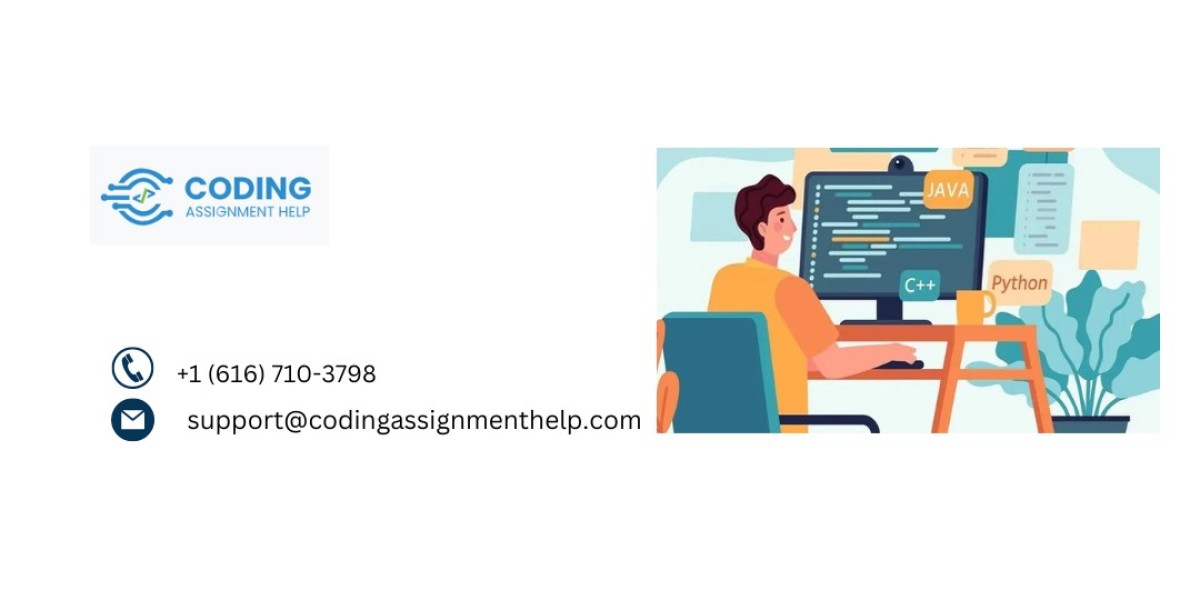For university students tackling C programming assignments, a C assignment help service can offer essential guidance. Understanding and resolving common problems can greatly enhance coding skills and academic performance. This post addresses four frequently asked questions about C programming, providing insights and solutions to help students excel.
1. How do I debug a segmentation fault in C?
Question: A segmentation fault occurs in a C program. How can it be debugged and fixed?
Answer: A segmentation fault typically occurs when a program attempts to access an invalid memory location. To debug it:
- Use a Debugger: Employ tools like
gdbto identify where the fault occurs. Run the program through the debugger and use commands to track down the issue. - Check Pointers: Ensure that all pointers are properly initialized and are not pointing to freed or invalid memory.
- Validate Array Indices: Verify that array indices are within the correct bounds to prevent accessing memory outside the array's allocated space.
- Review Memory Allocation: Make sure that dynamic memory allocations are correctly handled and that the program does not exceed allocated memory.
Addressing these aspects usually helps resolve segmentation faults effectively.
2. What is the difference between malloc() and calloc() in C?
Question: What distinguishes malloc() from calloc() in C?
Answer: Both malloc() and calloc() are used for memory allocation, but they differ in functionality:
malloc()(Memory Allocation): Allocates a specified amount of memory but does not initialize it. This means the allocated memory contains garbage values until explicitly set.calloc()(Contiguous Allocation): Allocates memory for an array of elements and initializes all bytes to zero. It takes two arguments: the number of elements and the size of each element.
calloc() is used when initialized memory is required, while malloc() is used when manual initialization is performed.
3. How can errors in file operations be handled in C?
Question: What are the best practices for handling errors in file operations in C?
Answer: Effective error handling in file operations is crucial for program reliability:
- Check File Open Status: Always verify if the file was successfully opened by checking the file pointer.
- Check Return Values: Ensure that functions related to file operations, such as reading, writing, and closing files, return successful results.
- Use Error Functions: Utilize functions that provide descriptive error messages to understand and resolve issues related to file operations.
Following these practices ensures more reliable file handling and easier debugging.
4. What are common pitfalls when using arrays in C?
Question: What common mistakes should be avoided when working with arrays in C?
Answer: Arrays are fundamental in C programming, but there are several common pitfalls:
- Off-By-One Errors: Ensure array elements are accessed within their bounds. Remember that C arrays are zero-indexed, so the last element is at
size-1. - Uninitialized Arrays: It’s important to initialize arrays if their values are to be used immediately to avoid unpredictable results.
- Memory Issues: Be cautious with dynamic memory allocation for arrays to prevent memory leaks or accessing memory beyond the allocated size.
Avoiding these common mistakes will make your code more efficient and less prone to errors.
Conclusion
Mastering C programming involves understanding and applying fundamental concepts effectively. By addressing common questions and implementing the solutions provided, university students can improve their performance in C assignments. For additional support, a C assignment help service can offer valuable assistance. With the right guidance and resources, achieving academic success in programming is well within reach.







